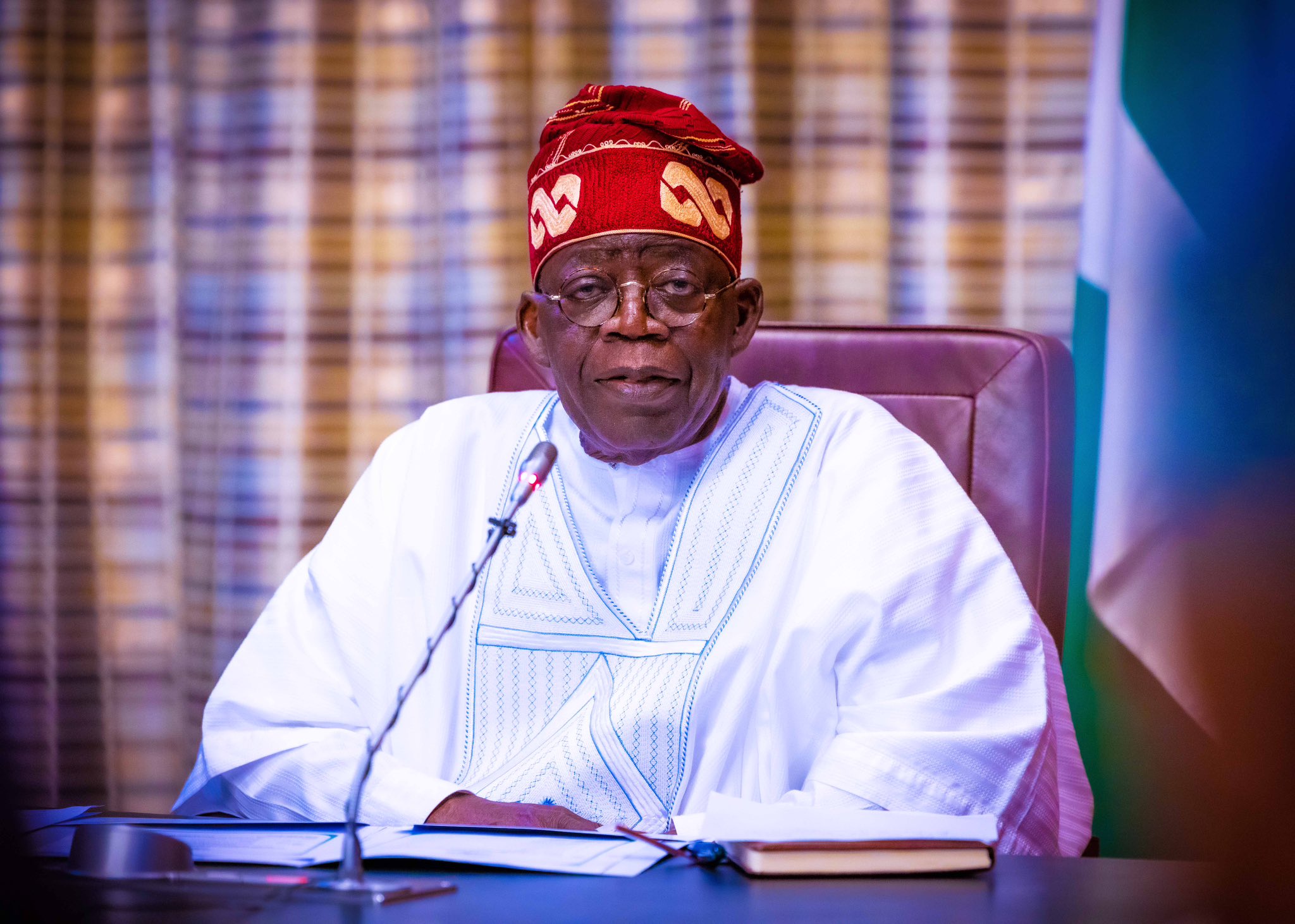
FG, UNESCO RECOGNIZES VALUE OF PRESS FREEDOM, SAYS IT IS ESSENTIAL TO GOOD GOVERNANCE
On Wednesday, the Federal Government recognized the value of press freedom to Nigeria’s democracy and effective government.
At the conclusion of a two-day workshop on the effects of safe journalism and gender equality on democratic governance in Nigeria, Andrew Adejo, the Permanent Secretary of the Ministry of Education, made this observation.
The Nigerian National Commission for the United Nations Educational, Scientific, and Cultural Organization, which is part of the Federal Ministry of Education, organized the event in association with the Abuja Regional Office of UNESCO.
Adejo, who was represented by Adeleye Adeoye, Director, Educational Planning Research Development of the Ministry, noted that journalists’ safety is at risk all over the world and added that the training will improve journalists’ ability to stay safe while performing their jobs, particularly in a conflict-ridden environment.
According to UNESCO figures, over 700 journalists and media professionals have died in the last ten years.
“Impunity for crimes against the press undermines press freedom and feeds the cycle of violence, further robbing society of knowledge. It immediately affects the UN’s human rights-based initiatives to advance stability, safety, and sustainable development.
“This security concern is particularly affecting women journalists who face the double burden of being attacked, both for being journalists and being women,” Adejo stated.
He added that democracy as a whole is at risk if fewer women’s voices are heard due to compromised safety.
According to the Perm Sec, “At this particular time in the history of the nation, freedom of press operations is essential to democratic constructiveness and good governance as all aspects of good governance are facilitated by the existence of a strong, pluralistic and independent media within the society.
“At this juncture, it is pertinent to emphasise that safety is something all journalists worry about, but women face additional threats due to gender-based violence, harassment, discrimination in the newsroom and in the field, and disproportionate online attacks.”
Also speaking at the workshop, Head, Communication and Information from UNESCO Regional Office Abuja, Nuhu Yachat informed that, “Gender inequality is not only a fundamental human right but a crucial prerequisite for sustainable development.
“By promoting gender inequality in media organisations, we can ensure that voices of women are heard and the media should serve as a catalyst for social change,” the UNESCO boss remarked.
